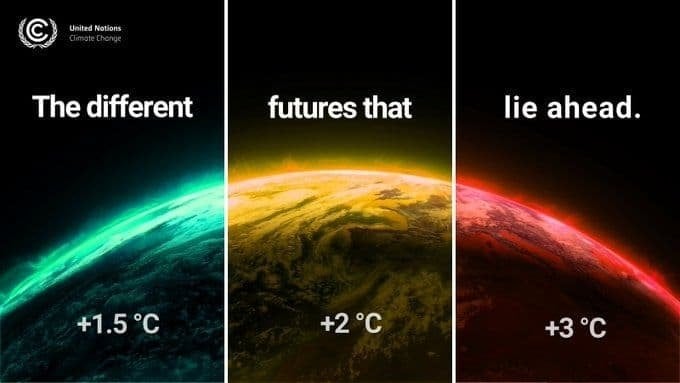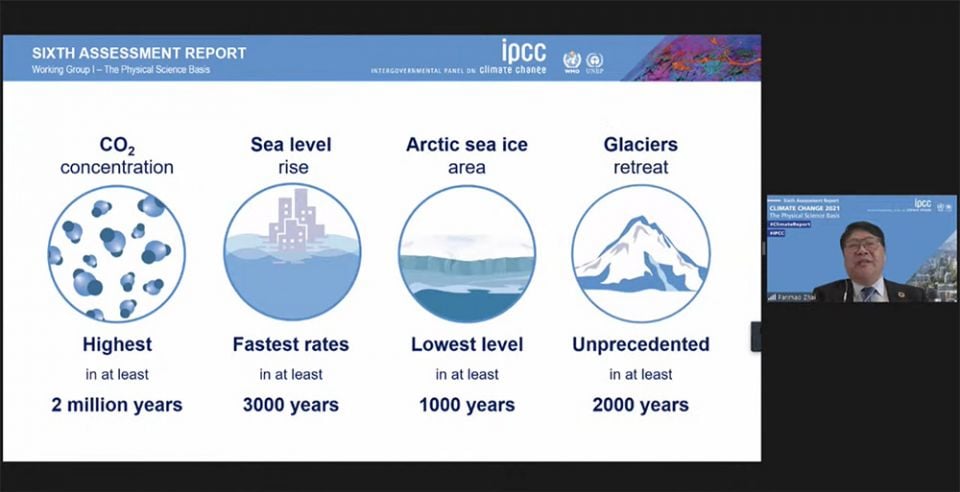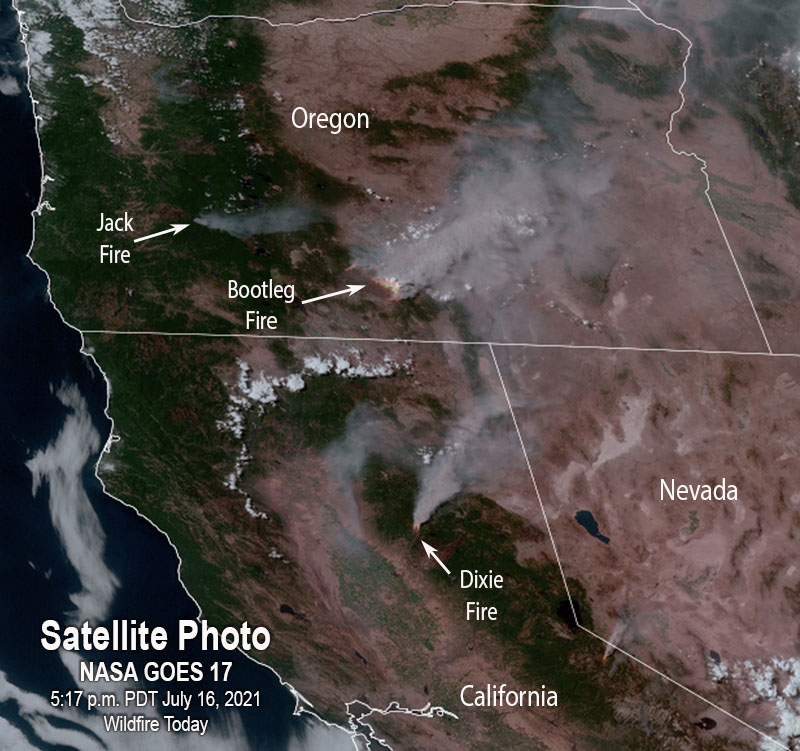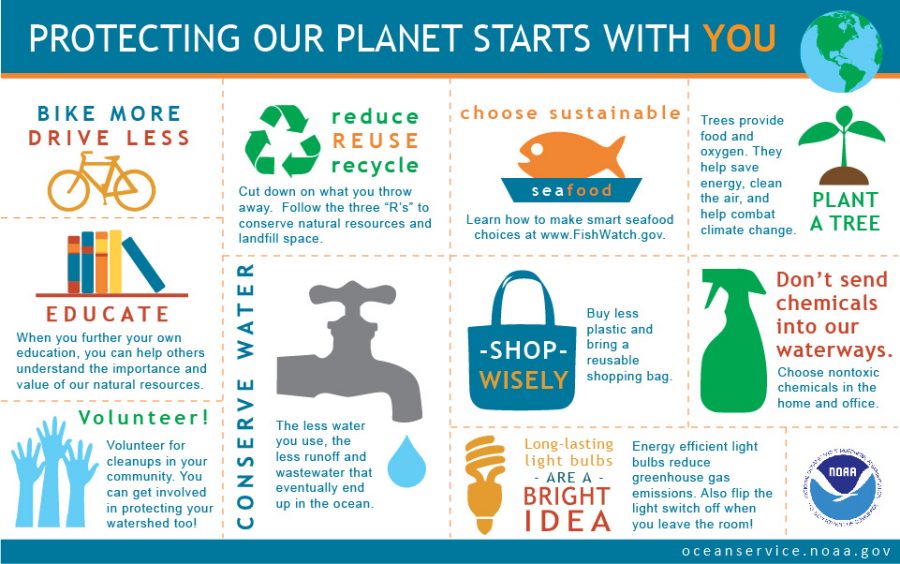
On August 8, 2021, the United Nations' Intergovernmental Panel on Climate Change (IPCC) released its first assessment of climate science since 2013. The news was not good. The report stated that this past decade was the hottest in 125,000 years and that the atmospheric carbon levels are the highest in at least 2 million years. Glaciers are melting faster than any time in over 2,000 years, and ocean levels are rising at twice the rate since 2006.
At the current pace, the researchers expect global temperatures to rise by at least 3.6° Fahrenheit (1.5° Celsius), compared to pre-industrial levels, within the next 20 years. The temperature increases will result in significant changes to the planet's water cycle. Areas that currently receive a lot of rain will get significantly more, while arid regions will become increasingly prone to droughts.

The IPCC's findings, gleaned from hundreds of scientific reports, come as no surprise to the millions of people worldwide currently feeling the impacts of climate-related disasters. In the United States, the 104 large wildfires now burning across 12 states have cumulatively scorched over 2.4 million acres.
The Dixie Fire, the nation's largest, has devoured 725,821 acres — about three times the size of Manhattan — since it began on July 13, 2021. The blaze, which is only about 40 percent contained as of August 23, 2021, is already one of California's largest wildfires ever. It is second only to the August Complex blaze, which consumed more than one million acres in 2020.

Many countries in Southern Europe are also battling major blazes. Over 500 fires in Greece have forced thousands of evacuations and scorched large swaths of forests in Evia, Peloponnese, and Attica, the historical region surrounding the capital city of Athens. The area's extreme heat has also ignited hundreds of fires in Sicily and Calabria in Italy.
Meanwhile, an unprecedented week-long storm in July 2021 caused flash floods and mudslides in Germany, Belgium, and the Netherlands. Germany was hit the worst. Entire towns were inundated with water, several train lines and roads were destroyed by flash floods, and hundreds of lives were lost.

Climate change is even impacting the Earth's coldest and most remote regions. On Wednesday, August 18, 2021, scientists at the Summit Station, a research facility atop Greenland's ice sheet, experienced the first rainfall event in recorded history. It was also only the third time in less than a decade that above-freezing temperatures were recorded at the Arctic research station.
The situation may sound hopeless. However, many experts believe it is still not too late to turn things around, provided we all act now. While governments need to do their share by imposing and adhering to stricter carbon emission legislation, individuals can also help. Driving less, conserving water, and reducing electricity usage are some great ways to start. Adopting the 3 R's of sustainability — Reduce, Reuse and Recycle — will help conserve natural resources and energy. It will also save you and your community — which has to allocate land and resources to dispose of the waste — a lot of money. Be sure to start doing your part to save our beautiful home today!
Resources: Theguardian.com, CNN.com, Globalnews.ca
